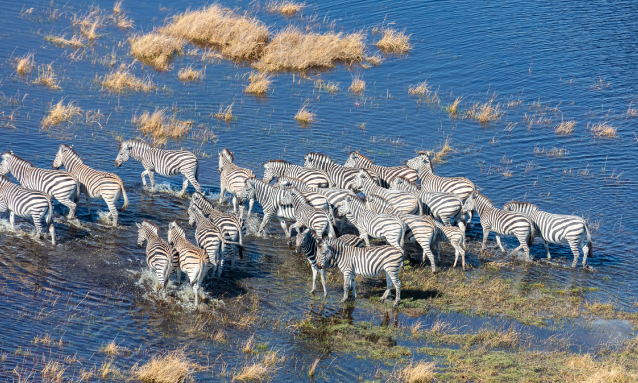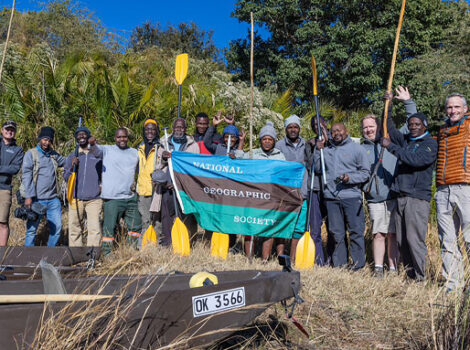
11 September 2023
As science denial, misinformation, and populism around the topic of trophy hunting gathers traction, over 160 eminent conservation experts from across the world are urging UK Prime Minister, Rishi Sunak, to embrace evidence-led conservation.
The esteemed experts are concerned that the bill’s sponsor, Baroness Fookes, has so far declined to meet with the High Commissioners of Botswana, Namibia, South Africa, Tanzania, Zimbabwe, and Zambia to better understand why trophy hunting benefits local communities and conservation.
“Given that five of those countries rank amongst the top 10 in the world for large mammal conservation (and all rank above the UK, which ranks 123rd!), it would seem important for the UK Government to listen to their perspectives and learn from their experience,” reads part of the letter.
It adds,
“We are, therefore, deeply concerned to hear that Baroness Fookes has to date, refused to meet the High Commissioners of Namibia, South Africa, Botswana, Tanzania and Zambia and Zimbabwe, to understand the impacts this Bill is likely to have on their people and wildlife, as the first three have been the top exporters of hunting trophies to the UK since 2000.”
They also mention that the Bill might seriously hurt local wildlife and communities by undercutting trophy hunting in areas where it has been shown to have positive effects.
“This is particularly irresponsible as there is no better – or even equivalent – wildlife-based alternative ready to replace trophy hunting revenue at the speed and scale needed,” reads the letter.
“Trophy hunting is not a black and white ethical issue, but the weight of evidence demonstrates overall conservation benefit.”
“Crucially, habitat loss, poaching and conflict with local people are all far greater threats to wildlife than trophy hunting, and so by mitigating these greater threats, trophy hunting can secure net benefits for conservation.
This nuance was further emphasised by a recent analysis of data from the Red List of IUCN (the global conservation authority). It showed that trophy hunting was a possible or likely threat to just some populations of only nine (0.1%) of the >6200 species to be covered by the Bill, while offering actual or potential benefits to many more,” reads part of the letter.
Botswana’s ministry of environment and conservation claims;
“The importation ban of legally harvested wildlife trophies will negatively impact wildlife authorities including Professional Hunting Associations and Community-Based Support Organisations from across Africa.”
Several representatives of community-run conservation areas in the four African countries that make up the Kavango-Zambezi Transfrontier Conservation Area (KAZA) warned that the Bill would have a detrimental effect on both the protection of wildlife and the way of life of nearby communities.
Numerous false claims made by animal rights activists, supported by celebrities and online activists, have propelled the parliamentary discussion surrounding the Hunting Trophies (Import Prohibition) Bill. This has led to the disregard of conservation expertise, including that of the UK Government’s own conservation committee.



